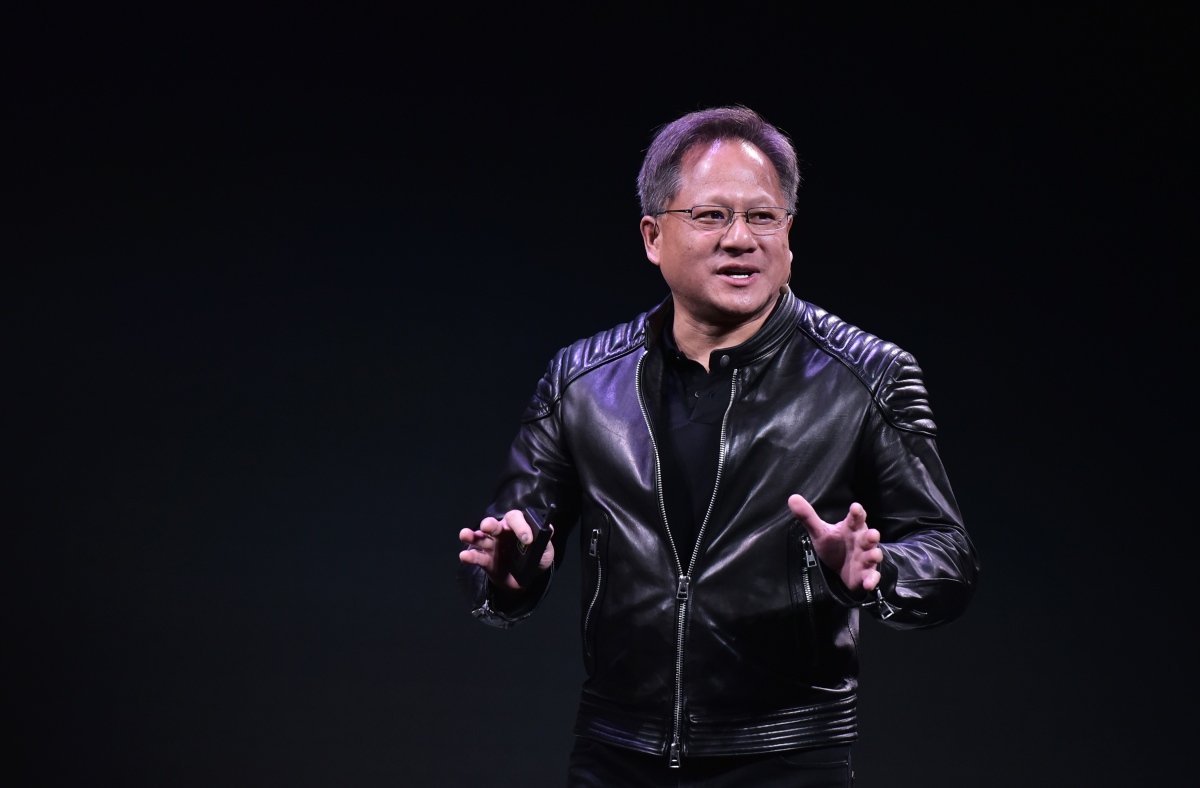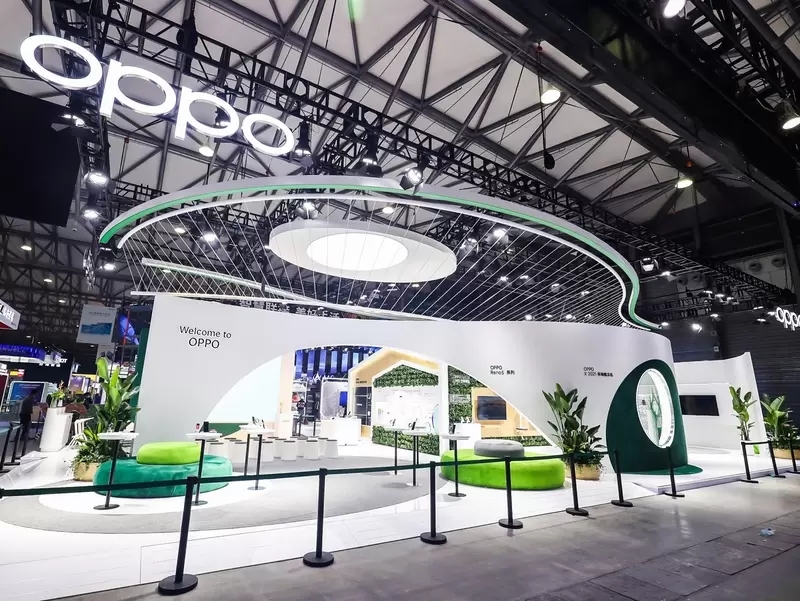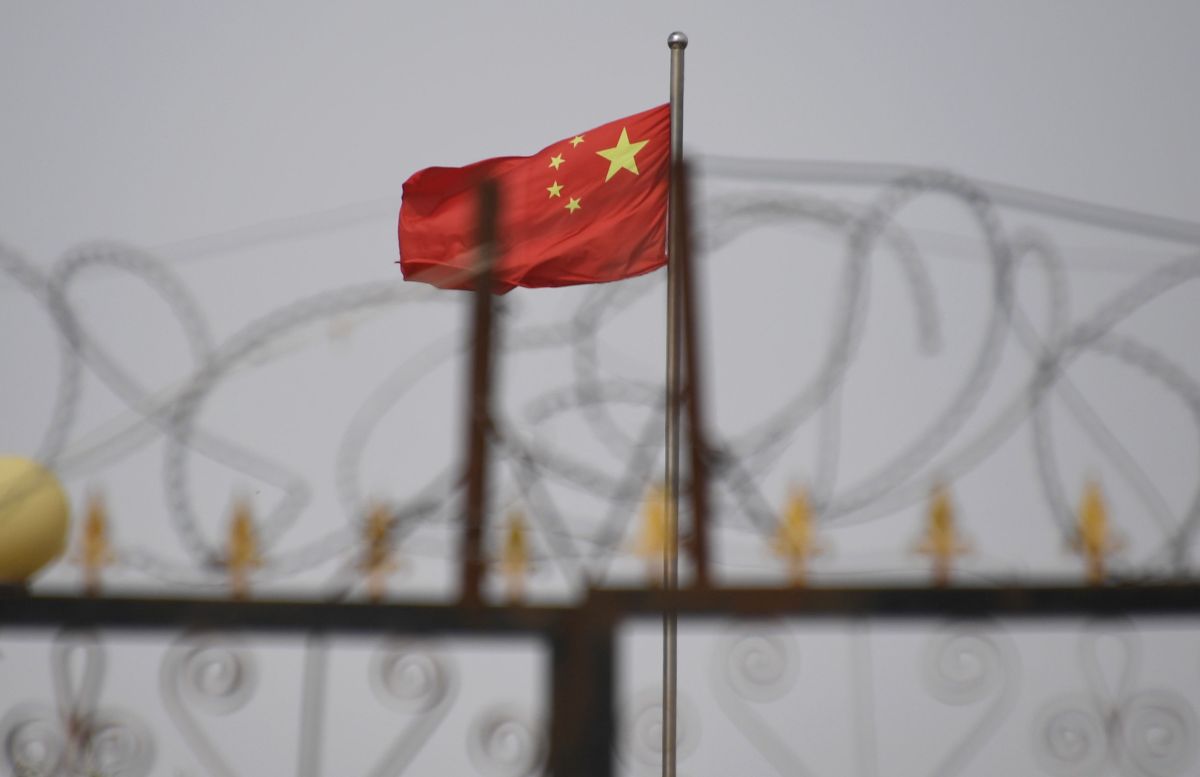Nvidia touts a slower chip for China to avoid US ban • ZebethMedia
Two months after the U.S. choke off China’s access to two of Nvidia’s high-end microchips, the American semiconductor design giant unveiled a substitute with a reduced processing speed for its second-largest market. The Nvidia A800 graphic processing unit is “another alternative product to the Nvidia A100 GPU for customers in China,” a spokesperson for Nvidia said in a statement to ZebethMedia. “The A800 meets the U.S. government’s clear test for reduced export control and cannot be programmed to exceed it.” The new chip was first reported by Reuters on Monday. The A100 processor is known for powering supercomputers, artificial intelligence, and high-performing data centers for industries ranging from biotech and finance to manufacturing. Alibaba’s cloud computing business has been one of its customers. A100, along with Nvidia’s enterprise AI chip H100, were placed under a U.S. export control list to “address the risk that the covered products may be used in, or diverted to, a ‘military end use’ or ‘military end user’ in China and Russia.” Nvidia previously reported that the U.S. ban could affect as much as $400 million in potential sales to China in the third quarter, so the new chip seems to be an attempt to remedy the financial loss. The A800 GPU went into production in Q3, according to Nvidia’s spokesperson. Indeed, chip distributors in China, such as Omnisky, are already marketing A800 in their product catalogs. The chip looks to be designed to circumvent U.S. export rules while still carrying out other core computing capabilities. Most of the key specs of A100 and A800 are identical except for their interconnect speeds: A800 runs at 400 gigabytes per second while A100 functions at 600 gigabytes per second, which is the performance threshold set by the U.S. ban. According to an analysis from the Center for Strategic and International Studies, a bipartisan think tank, “By only targeting chips with very high interconnect speeds, the White House is attempting to limit the controls to chips that are designed to be networked together in the data centers or supercomputing facilities that train and run large AI models.” Nvidia isn’t the only one slowing down its chips in order to evade U.S. sanctions. Alibaba and Chinese chip design startup Biren, which have been pouring resources into making rivals of Nvidia processors, are modifying the performance of their latest semiconductors, according to the Financial Times. That’s because Alibaba and Biren, like other fabless semiconductor firms, contract Taiwan’s TSMC to make their products. And because U.S. export controls cover chip sales by companies using American technologies, sales from TSMC fabs to China could be curtailed.


